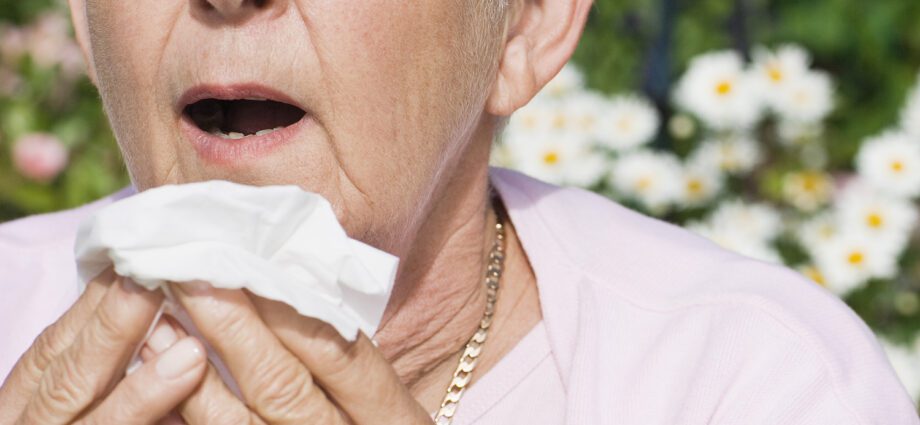Complementary approaches to allergies
Consult the Food Allergies, Asthma, Eczema and Allergic Rhinitis fact sheets for details of the complementary approaches specific to each of them. Many natural health products and certain therapies can help prevent or relieve their symptoms. |
Prevention | ||
probiotics | ||
Anthroposophy, fish oils | ||
Prevention
There are some things you can do to help prevent allergies in general, in people with children at risk (where one or both parents suffer from allergies). Researchers believe it is important to intervene before their immune system matures and exposure to allergens (food, pollen, poison ivy, etc.) causes allergies. We now know that allergens can cross the placenta and reach the fetus4.
Probiotics. Probiotics promote healthy maturation of the child’s immune system, to the detriment of allergic reactions17. Some believe they might help prevent other allergy problems, but there is no evidence to this effect.17.
In 2011, a review of the literature took stock of the clinical data on the impact of probiotics, prebiotics and symbiotics (combination of pro- and prebiotics) on the prevention of allergies.27. The authors stress that it is difficult to draw a definitive conclusion on their effects, due to the heterogeneity of the protocols used. However, when probiotics are taken by the pregnant woman and then by the newborn, they would prevent the onset of allergies in the child. This effect would only be significant during the first 2 years of the child’s life. More specific studies indicate that probiotics may help preventeczema atopic in children at risk30. In studies, treatment was sometimes given to the mother during pregnancy and continued in the child after birth. The effectiveness of probiotics may vary depending on the type of probiotics used.
Given the variety of probiotics and dosages used in clinical studies, it is not possible to suggest a dosage at this time.
Anthroposophy. The “anthroposophic” lifestyle could help prevent allergies, according to 2 small studies. By comparing 2 groups of children aged 5 to 13, researchers found a lower prevalence of allergies in children who lived according to anthroposophical principles: fewer antibiotics, less vaccination and greater consumption of vegetables ” lactofermented ‘31. In addition, anthroposophic families seem less affected by allergies and other atopic diseases than families who do not follow these principles.32.
Fish oils during pregnancy. One of the major changes in the diet of Westerners in recent decades is the decline in the consumption of omega-3 fatty acids. Once the allergy has set in, the effect of omega-3s on symptoms would be very limited25,26, hence the importance of intervening early, believe the researchers. Only a few studies have looked at the effect of taking fish oil supplements during pregnancy on the risk of allergies in children. According to a synthesis of studies, the results obtained so far are promising5.










